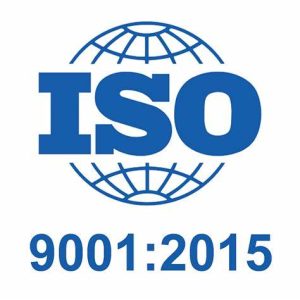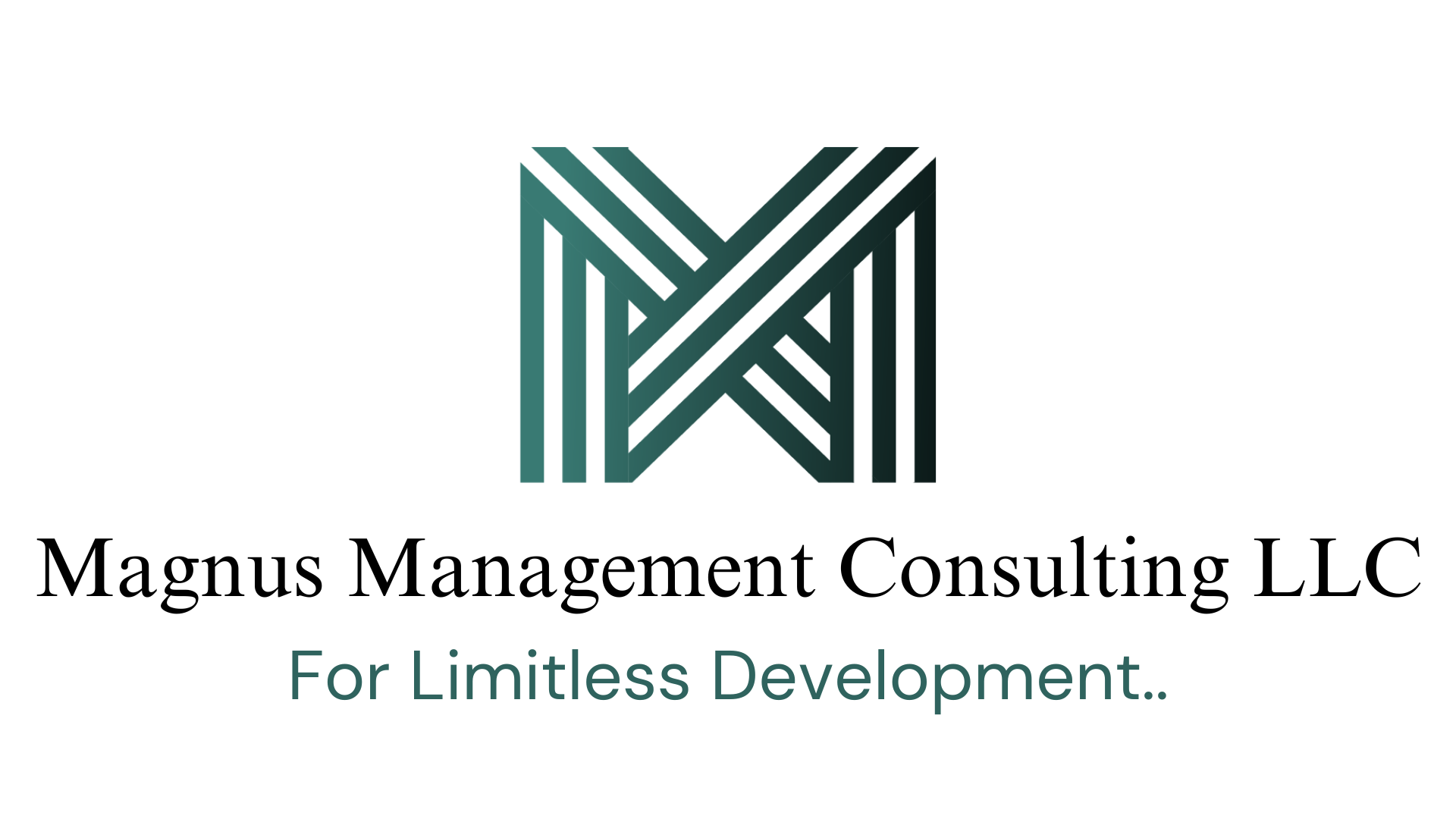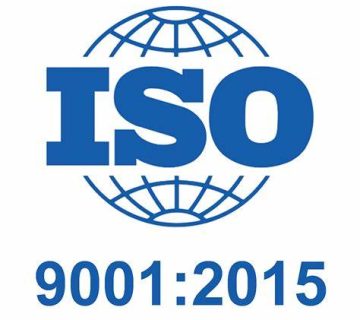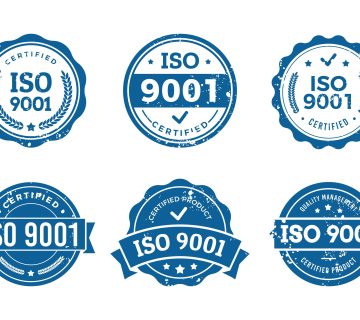ISO 9001:2015 Quality Management System
ISO 9001 is an international standard for quality management systems (QMS). It is part of the ISO 9000 family of standards, which provides a set of guidelines and criteria for establishing, implementing, maintaining, and continually improving a quality management system within an organization.
The ISO 9001 standard is focused on ensuring that organizations meet the needs and expectations of their customers while complying with applicable statutory and regulatory requirements. It provides a framework for organizations to demonstrate their commitment to quality and to enhance customer satisfaction
Benefits of implementing ISO 9001:2015 Quality Management System
Implementing ISO 9001 and achieving certification can bring a variety of benefits to organizations. Here are some key advantages:
- Enhanced Customer Satisfaction: ISO 9001 places a strong emphasis on meeting customer requirements and improving customer satisfaction. By adopting this standard, organizations are better equipped to understand customer needs, deliver consistent quality, and enhance overall customer satisfaction.
- Improved Product or Service Quality: The standard encourages a process-oriented approach to quality management, leading to improved control and consistency in processes. This, in turn, can result in higher-quality products or services.
- Increased Efficiency: ISO 9001 promotes the identification and management of key processes, helping organizations streamline their operations. This can lead to increased efficiency, reduced waste, and improved resource utilization. ISO 9001 encourages organizations to adopt a process approach, where activities are managed as interconnected processes that contribute to the effectiveness and efficiency of the QMS.
- Better Decision-Making: The use of data-driven decision-making processes is a fundamental aspect of ISO 9001. This helps organizations make informed decisions based on objective evidence, contributing to overall effectiveness and performance improvement. Decisions within the organization should be based on the analysis of relevant data and information.
- International Recognition and Market Access: ISO 9001 certification is recognized globally and can enhance an organization’s reputation in the international marketplace. It can be a valuable asset when seeking new business opportunities or entering new markets.
- Legal and Regulatory Compliance: ISO 9001 encourages organizations to be aware of and comply with applicable legal and regulatory requirements. This can help in avoiding legal issues and ensuring that products and services meet the necessary standards.
- Increased Employee Engagement: The standard emphasizes the importance of engaging employees in quality management. By involving employees in the improvement process, organizations can boost morale, motivation, and commitment to the organization’s goals.
- Cost Savings: Through the identification and elimination of inefficiencies and nonconformities, ISO 9001 can lead to cost savings. Improved processes and reduced waste contribute to a more cost-effective operation.
- Risk Management: ISO 9001 requires organizations to identify and assess risks and opportunities. This proactive approach to risk management enables organizations to mitigate potential issues and capitalize on opportunities for improvement.
- Competitive Advantage: ISO 9001 certification is often viewed as a mark of quality and reliability. Having the certification can provide a competitive advantage in the marketplace and may be a requirement for participation in certain tenders or contracts.
How the organization may benefits from the ISO 9001
It’s important to note that while ISO 9001 offers a framework for quality management, the actual benefits realized by an organization depend on how well the system is implemented and integrated into its business processes. Additionally, the specific advantages may vary based on the nature of the organization and its industry.
the ISO 9001 standard is periodically updated to ensure its relevance to the business environment. Organizations that are certified to an earlier version of the standard are typically given a transition period to comply with the latest version. As of my last knowledge update in January 2022, the latest version was ISO 9001:2015. Please verify if there have been any updates or revisions since then.
https://www.mmcc.qa/ar/services/
https://www.iso.org/obp/ui/#iso:std:iso:9001:ed-5:v1:en





لا تعليق